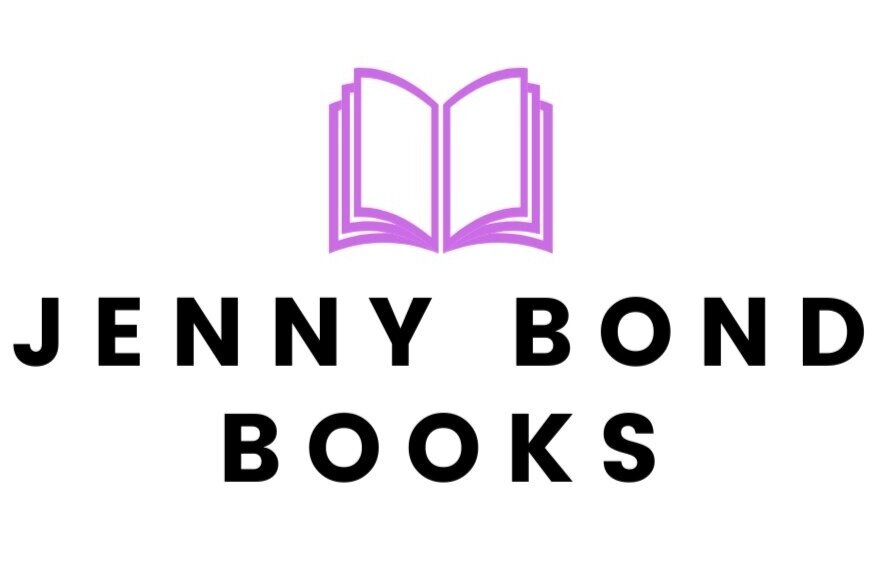Why authors need reviews
Research precedes every purchase. Consumers demand knowledge. They want to know the ins and outs of a product or service before they click BUY.
The purchase of a pair of trainers, a home appliance or even an investment of time and emotion in a television program all require copious amounts of research.
The act of buying a humble book is no different. Therefore, reviews are important. Gathering customer and editorial reviews should be a key marketing strategy for all independent authors.
Unfortunately, for most authors starting out in independent publishing, reviews can be elusive. For me, reviews have become my Moby Dick. I hadn’t realised they were so difficult to hunt down.
There are a few types of reviews authors seek, but the two outlined below are the ones I’m most interested in:
1. Customer reviews: As customer reviews for a book accumulate on online retailer sites, they provide two functions. First, they give the buyer confidence that others have purchased the book and believed it to be good (or bad) enough to comment on. Second, the number of reviews a book receives can boost the book’s visibility. This has something to do with mysterious algorithms.
The problem is that most customers don’t realise the power they possess. Even if readers adore a book, it’s rare for them to write a review. After all, what’s the point? Even though the minimum requirement for a review on Amazon is just a few words, a few words are a tremendous effort for most time-poor people.
If more readers were aware of the importance of reviews; they’d be more likely to write one. Who wouldn’t want to support the author of the independently published book they have just enjoyed?
What I love about customer reviews is that they are perpetual. They remain on the platform forever, always in the background, quietly supporting the author’s efforts.
2. Editorial reviews: These are paid reviews, typically associated with a recognised publishing service such as Publishers Weekly’s BookLife and Kirkus Indie Reviews. These are reputable and ethical review services that provide objective and honest reviews.
However, they are expensive. Once the reviewer writes the review, the author can use quotes from it for marketing material, on their website, book covers, and in blurbs. Just remember before forking over the dollars to a fee-for-review service, you might not receive the stellar review you’re expecting.
So far, I have a tiny number of customer reviews - not enough to lift me into the publishing stratosphere. As for editorial reviews … they are even harder to come by.
Recently I submitted both my new release novels - Everything I Am and The Hummingbird and the Sea to Reedsy Discovery. My purpose in spending $50 for each review was to garner a few juicy quotations I could use when I was promoting my books.
But while both reviews were positive, the reviewers used such a lacklustre style of language (perhaps I should review their reviews!) that there were no quotes worthy of pulling. Although my original purpose wasn’t achieved, the books are now featuring on the Discovery homepage, so perhaps it wasn’t such a bad spend after all.
My strategy to counter this drought is to offer The Hummingbird and the Sea (Book 1 in The Dawnland Chronicles series) free for the month of August on this website as well as Amazon, Apple Books and Kobo. This will coincide with a campaign to encourage readers to leave a review wherever they downloaded the book.
If the reader sends a link to their review, via my Contact page, they will receive a code for the second book in the series, The Falconer for half price.
There you have it. I’m sick of waiting around for the drought to break and the reviews to pour in. I need them and I need them now!
If you are a member of Alli, you can gain more insight into reviews on their website, in their Member Zone. If you’re not a member, you should consider joining here.

